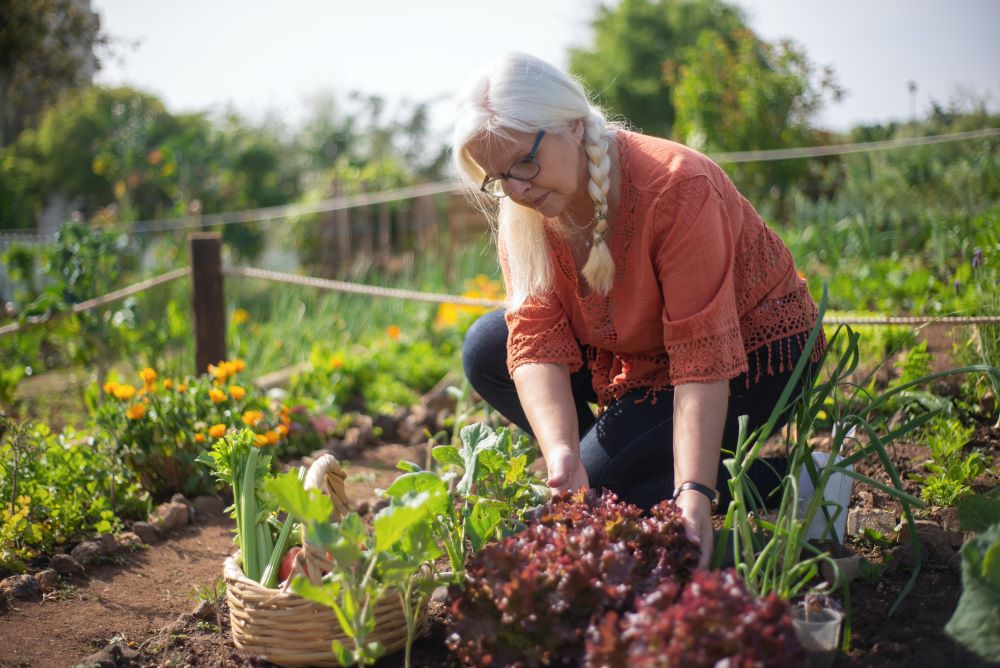Hobbies can create purpose, boost self-esteem, improve cognitive functioning and reduce depressive symptoms.
Even in older age, maintaining a healthy body is not impossible. Following dietary and exercise guidelines can go a long way in maintaining physical health. However, while it has been proven to help, taking care of one’s physical health doesn’t always ensure sound mental health, especially in the elderly population.
Depression has become widely common, and the older generation is no exception to that. The older one gets, the more life they’ve experienced, and thus, the higher the chances of developing this mental health condition. With retirement comes a sense of freedom but also, commonly, a sense of loneliness. Loneliness can make anyone, even younger people, feel down and out. And for those who are elderly, this can be compounded by loss of friends and family over time, financial losses and a loss of purpose. Moreover, brain chemistry changes with age and older people are often met with hormonal imbalances and reduced cognitive abilities.
Several studies have been conducted to understand how and why the aging population is faced with high levels of depression, and several studies have concluded that being involved in leisure activities after retirement can help individuals reduce stress and feel better overall.
Leisure activities, including reading, writing, cooking, baking, planting, attending groups, clubbing, and knitting, have all been shown to help lift depression in those aged 65 and above. In a recent study conducted and published in Nature Medicine, for example, researchers tried to understand the effects of hobby engagement on mental health. The study used five longitudinal studies across 16 countries.

With 90,000 participants from 12 European and four additional countries, including China, Japan, the U.S., and England, the purpose of the study was to understand the longitudinal associations between changes in hobby engagements and changes in mental health. The average age of participants ranged 71.7 and 75.9 years old.
A lot of time, constant factors, like medical histories, genetics, and psychological traits, and sometimes variant factors like clinical conditions, sociodemographic characteristics, etc., were kept into consideration, along with other factors like countries’ happiness index, gross domestic product per capita, and life expectancy.
Four factors were set to analyze mental well-being. These included self-reported health, life satisfaction, overall happiness, and depressive symptoms, and the results of the study suggested hobbies had a positive impact on mental health. This positive correlation did not vary with retirement status, gender, or age. Hobbies provide a sense of accomplishment, purpose and self-worth, as well as reduce overall stress and improve cognitive functioning.
Depression in the older generation is a major social concern as, globally, the 65 years and above group is growing at a faster rate than any other age group. In 2019, one in every eleven people was aged 65+, and by the year 2050, one person in every six people will be aged 65+, according to the data from the United Nations.
Understanding the reasons why depression is becoming so common in this age group is crucial in order to be able to eliminate those factors and ensure happier and healthier mental health outcomes.
Sources:
Hobbies Seem to Have Universal Mental Health Benefits for The Elderly
Engaging in hobbies boosts mental well-being for seniors, study finds
Hobby engagement and mental wellbeing among people aged 65 years and older in 16 countries


Join the conversation!